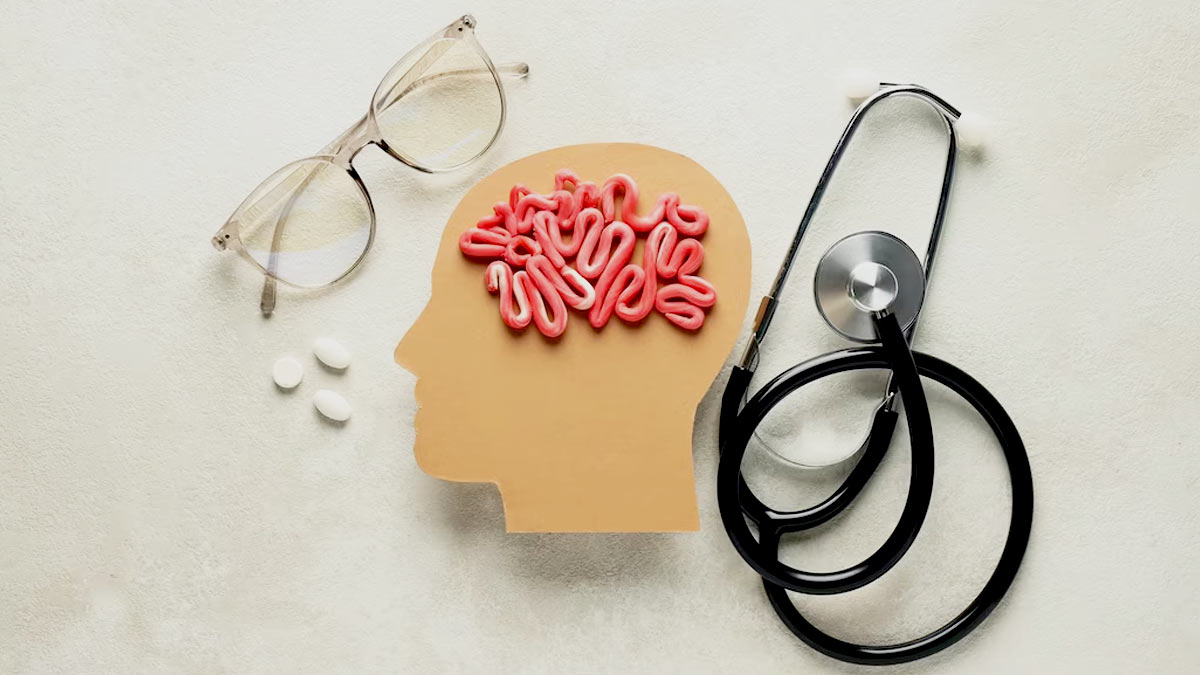
From improving memory to enhancing cognitive function, brain supplements often make a variety of claims regarding their potential benefits. Most brain supplements contain ingredients like caffeine, omega-3 fatty acids, ginkgo biloba, derived from the leaves of the ginkgo tree, and vitamin B12 among others. But do these really work? It's important to note that while some brain supplements may provide short-term benefits, their long-term effects and safety profiles are not well understood. Speaking with the OnlyMyHealth team, Shweta Gupta, Unit Head- Dietetics, Fortis Hospital, Shalimar Bagh, shares some answers.
Also Read: How To Improve Bone Density And Prevent Osteoporosis After Menopause, Expert Answers
Role Of Supplements

“Supplements mean adding on,” said Gupta. According to her, a supplement would add on to an already existing routine. She added, “So when it comes to taking a brain supplement, the first thing to consider is whether we need to supplement at all. Supplementation may be required when there is a case of any disease or nutritional deficiencies or the requirement has increased, for instance in the case of pregnancy.”
Do Brain Supplements Help Improve Cognitive Health?

The effectiveness of brain supplements is a complex and nuanced topic. While some brain supplements may provide certain benefits and show promising results in scientific studies, the overall efficacy and reliability of these supplements can vary significantly.
Gupta said, “Many brain supplements are available in the market claiming to increase the memory or increase focus, but none of the clinical research support that these supplements can provide such benefits or even delay the consequences of Alzheimer's disease or Parkinson disease.”
In fact, in 2019, the Global Council on Brain Health (GCBH), in collaboration with the American Association of Retired Persons (AARP), highlighted the lack of evidence around the effectiveness of brain health supplements, raising concerns about false claims in marketing, and uncertainty of its possible risks.
The GCBH concluded that no endorsement could be made for any dietary supplement for brain health. The team of researchers recommended adults fulfill their nutrient requirement from a healthy diet and lifestyle. However, the team noted that the lack of certain nutrients, such as vitamins B9 and B12, can be linked to problems with cognitive function or brain health, which is why supplements might prove useful in people with deficiencies.
Also Read: PCOS Can Affect Lean People Too: How Delayed Diagnosis Can Be Avoided
Focus On Foods

Gupta said, “Types of supplements available in the market have caffeine, omega 3, vitamin B6, and vitamin B12 in them,” adding that one can always focus on foods like fish, nuts, oil seeds, foods rich in antioxidants like berries, fruits, eggs, to fulfill their nutritional requirement.
“Another important thing that we must remember is that one must avoid processed foods and junk food because the research reveals that consuming them on a regular basis can hamper mental health,” she added.
Bottomline
It's crucial to approach brain supplements with a critical mindset, do thorough research, and consult with healthcare professionals before considering their use. Additionally, maintaining a healthy lifestyle that includes regular exercise, a balanced diet, quality sleep, and mental stimulation is fundamental for optimal brain health and cognitive function.







